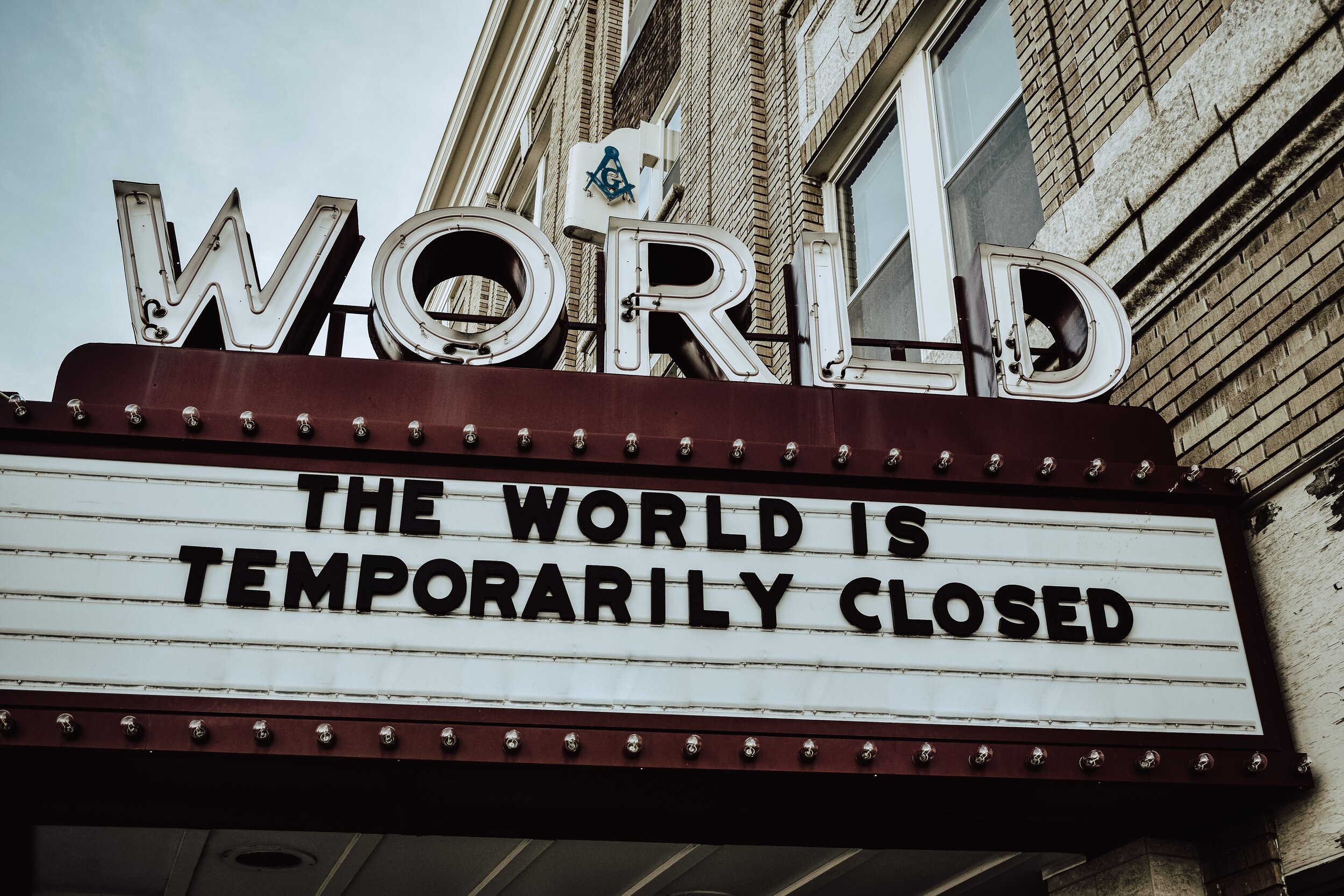Photo by Edwin Hooper on Unsplash
It has been over five months since the World Health Organization declared a global public health emergency, and many of us have been in lockdown for all of this time. We are adapting to a new normal filled with a myriad of stressors. The future is unpredictable, and no one knows when the pandemic will end.
If you are close to or at your breaking point, you are not alone. This is hard! One of the best ways to manage during an extended crisis is to accept how hard it is and give yourself permission to struggle.
If you are feeling vulnerable right now, you are not alone. It's our vulnerabilities and weaknesses that make us human and that will help us get through challenging times.
Here are some suggestions on how to accept your vulnerabilities and weaknesses:
Take Off Your Armor
Many of us are reluctant to show weakness, so we put up a front, trying to appear more courageous or dauntless than we really feel. It's time to stop and take off our mental armor. Pretending we're not negatively impacted by the pandemic takes significant mental energy that erodes resilience over time. Have the courage to be imperfect. Check out Brené Brown’s TED Talk on the power of vulnerability.
Be Authentic
Authenticity is essential for creating sincere connections with other people, a key resilience factor. Let go of who you think you should be and be who you are. If you’re afraid, don’t hesitate to share your fears with others. If you’re sad, express your emotion. If you’re angry, it’s okay to let others know. If you bottle up these negative emotions, it’s harder to connect with others. Suppressed negative emotions will often come out in unpredictable and destructive ways.
You Are Good Enough
Remind yourself that you are good enough to get through this crisis. You are not less capable than anyone else. We are all struggling. If you see others who seem to be thriving despite the pandemic, remind yourself that they might be more vulnerable than they appear.
Ask for Help
It is reasonable to need help during a long-term crisis. Needing help is often a normal reaction to a very abnormal situation. Reach out to trusted friends to talk through your emotions. Consider seeing a mental health professional who can help you work through the impact the pandemic has on your well-being. Many therapists now offer virtual therapy, which can be a lifeline during tough times.
Focus on Essentials
This is not the time to write your first novel, lose weight, prepare for a marathon, or achieve some other significant personal goal. The pressure to come out of this crisis a better person can have the opposite effect. Focus on your core essentials - a safe home, healthy food, supportive relationships, and immediate financial and health needs. Everything else can wait until this crisis is over.
